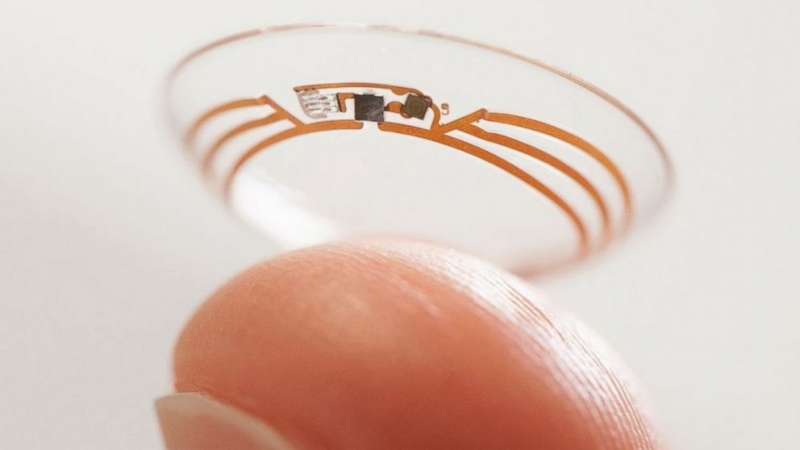
If you’ve been wondering what Alphabet, the Google umbrella company is up to, here’s an update: They’re taking on diabetes. Google Life Sciences, held under Alphabet, announced that diabetes will be their first major disease target, NPR reports. They have partnered with several other companies, including Sanofi, a French pharmaceutical company who has made advances in diabetes treatment options, as well as Novartis and Dexcom.
Early this year, Google announced that they were developing contact lenses that can detect glucose levels, and according to Inquisitr, those lenses will begin human testing in 2016. The lenses have tiny wireless chips and sensors in between two layers of lenses that measure blood sugar levels by analyzing the wearer’s tears. Google has also talked about adding LED lights to the lenses, which would flash when the levels are too high or too low.
Google Life Science’s newest goal is far more ambitious than just contact lenses, though. They plan to change diabetes management technology into a modern operation -- and leave the daily finger pricks far behind.
For anyone to say that they’re tackling a whole condition is pretty ridiculous -- even if it is the mega-power that is Google. But there is a lot to be done in the area of diabetes treatment. Little has changed in the field since the discovery of insulin in 1923, so many are saying Google might be able to make some advancements.
https://www.techspot.com/news/62023-google-wants-shake-up-diabetes-treatment-options-high.html